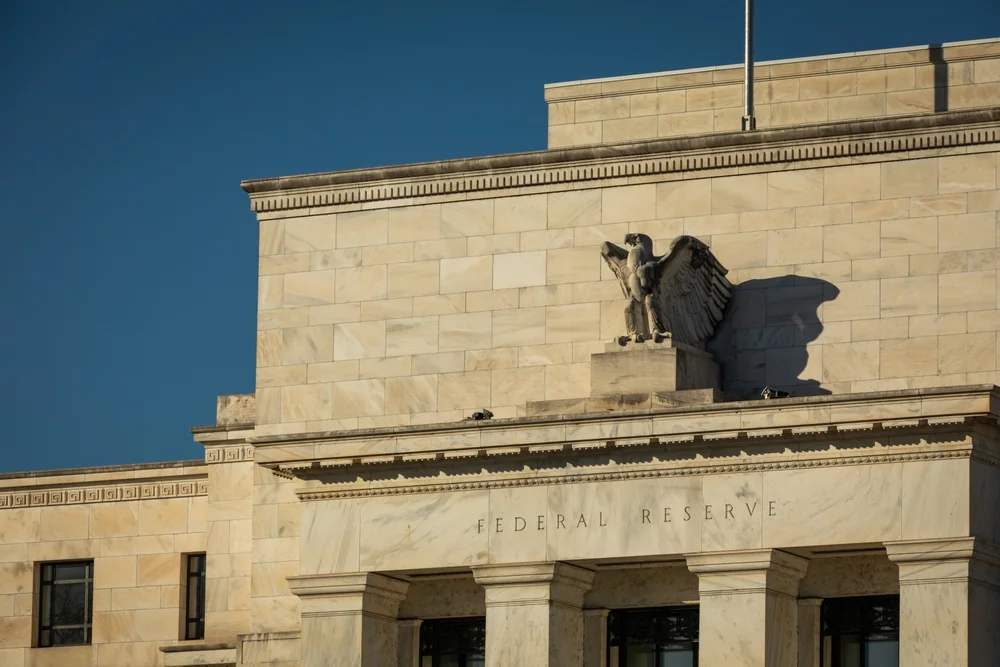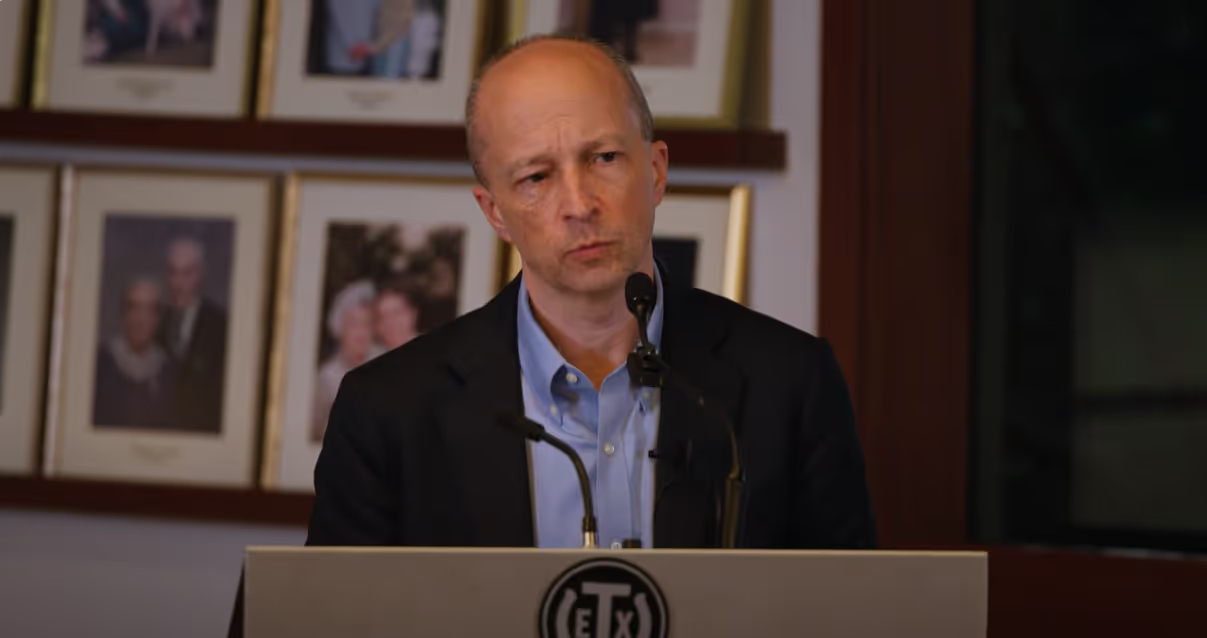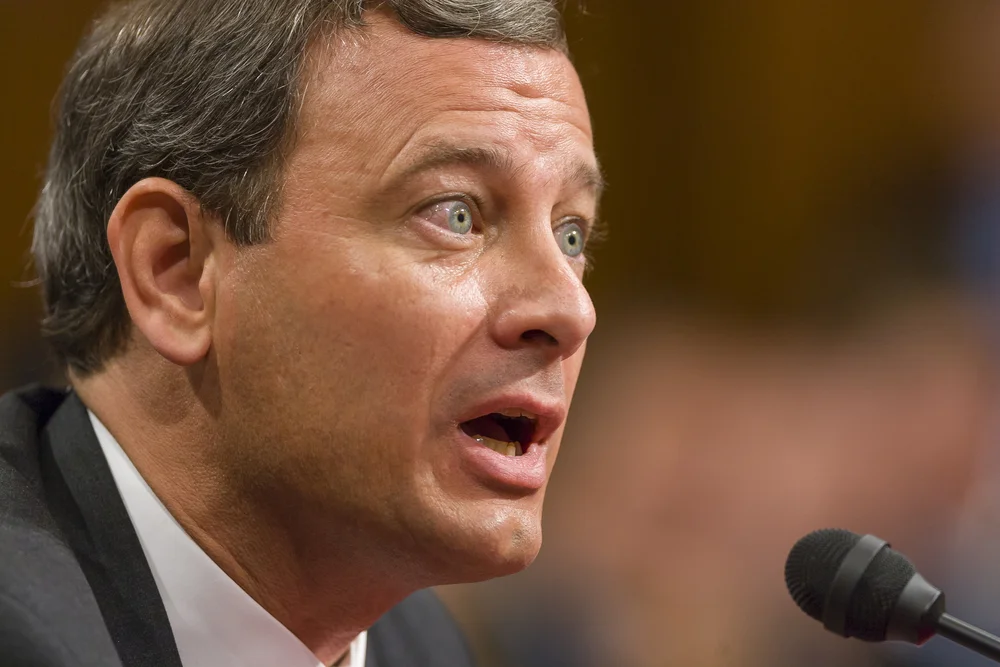
Fake Convictions and Fake Pardons
Joe Biden's use of preemptive pardon should be subject to judicial challenge.
Since the Supreme Court unwisely allowed the deposition of Bill Clinton to go forward in Clinton v. Jones (1997), I have long taken the position that presidential politics and what is now called lawfare do not mix. Politics is fought out nationally, but lawfare takes place in strategic venues chosen by one side whose strong political base allows it to score fake, but all too real, victories over its outgunned opponents. In the dying embers of the Biden administration, this charade has landed with shattering force in ways that could reshape American politics for the worse if Trump and red states were to exact vengeance (pray God they do not do so on leaving office).
The first part of this drama was played out in the chambers of Judge Juan Merchan, who cleverly announced in advance that he could not impose any jail time or fine on Trump, who therefore received a rare “unconditional discharge” because he was about to be sworn in as President of the United States. But at the same time, Merchan followed the urgings of Prosecutor Joshua Steinglass who insisted that imposing a sentence now was critical so that he could be perceived by the law for what he is—a convicted felon. That prediction was borne true. The Wall Street Journal headline reads (in the print edition)—“Sentence Cements Trump As Felon.” The New York Times headline, rejoiced (in the print edition)—“With Sentence, Trump Will Now Be First Felon to Occupy Oval Office.”
This condemnation-cum-celebration was made possible by a last minute 5-4 decision in which Chief Justice Roberts, writing for a majority consisting of himself, Justices Barrett, Jackson Kagan, and Sotomayor, issued this short statement in denying a stay:
First, the alleged evidentiary violations at President-Elect Trump’s state court trial can be addressed in the ordinary course on appeal. Second, the burden that sentencing will impose on the President-Elect’s responsibilities is relatively insubstantial in light of the trial court’s stated intent to impose a sentence of “unconditional discharge” after a brief virtual hearing.
Justice Thomas, Justice Alito, Justice Gorsuch, and Justice Kavanaugh would grant the application.
Under what rock does the Roberts Five live? The ordinary course of appeal is too little and too late. It takes place within the same true-blue New York State court system, and it could easily take years to complete. Yet it is not clear that a sitting President should bring any such appeal given that it will give both the press and Alvin Bragg’s team a chance to restate their grievances in a case that is riddled with conflicts of interest (e.g. Merchan’s political daughter) and a series of dubious roles that allowed Bragg to stitch together a ragtag case of minor bygone misdemeanors that the federal prosecutors would not touch.
The second point is even naive. Reputation is the coin of the realm in politics. So long as the sentence stands, Trump’s critics can describe him as a convicted felon. If he seeks to attend a meeting, the indignant hosts could claim that convicted felons are not welcome. It gives foreign dignitaries and domestic foes a golden opportunity to bar his path, which they will never have to recant even if, years later, Trump is somehow cleared. Why any Justice of the Supreme Court Five can think this predictable onslaught should be called “relatively insubstantial” counts as an inexcusable blind spot. And these Five are led by the same Chief Justice who rightly feared breaking down presidential immunities in Trump v. United States (2024). Regulating presidential conduct is not just a question of conflicts among the three branches of government. It is a matter of saddling the president with a gratuitous burden that harms not only him but the entire nation given the enormous scope of his responsibilities. Ironically, Merchan and Bragg are above the law, given their absolute immunity from suit.
On the other side of the issue lies the fake blanket pardons that President Biden has given to his son Hunter and many others. It has long been settled that the president's pardon power is “plenary,” which means that the president is not obliged to share that power with any other branch of government, including the Congress or the Courts. In one sense, the power itself is too great for any sensible president to bear, so as an institutional safeguard, the creation of an “Office of the Pardon Attorney” allows the president to follow guidelines of a professional office that can pass on these pardon applications, usually taking great care to listen to the pleas of the prosecutors and family members who insist that the sentences imposed were proper and just. The president is under no obligation to listen to that Office, and the Hunter Biden pardon was granted on President Biden’s perception that his own Department of Justice had abused its power in taking after his son, leading to his son’s federal tax and gun convictions. The kicker in the case was the further stipulation that the pardon covers “any potential federal crimes that Hunter Biden may have committed from January 1, 2014 through December 1, 2024.” This covers, of course, his controversial work on the Burisma Board in Ukraine and his dealings with China (and no doubt elsewhere).
The legal question raised is whether preemptive pardons are permissible to cover cases for offenses that may have not been committed and for which no charges may ever be brought. The common view is that the scope of the pardon power can run this far. One example is the blanket pardon that President Jimmy Carter gave to thousands of Vietnam war draft dodgers the day he took office in January 1977. But even that is one step removed from the Hunter Biden case because, in that case, everyone knew what the group charges were likely to be, while with Hunter the vast set of individual charges against him was not only left unspecified but could cover a wide range of adventures domestic and foreign.
In my view, preemptive pardons are, in general, dubious, and this one especially so. The basic constitutional provision in Article I, § 2, cl. 1 reads:
[H]e shall have power to grant Reprieves and Pardons for Offenses against the United States, except in Cases of Impeachment.
In Ex parte Garland (1866), decided in the aftermath of the Civil War, the Supreme Court held that presidents may issue pardons at any time after the commission of a federal offense, even before federal charges have been filed or a sentence has been imposed. In that case, it was held that a pardon not only eliminated the offense but also “releases the punishment and blots out of existence the guilt” so that anyone who had borne arms against the United States was now able to swear that he had never done so, and thus was able to practice in federal court. The case is not persuasive on the last point, for it seems at least as sensible that Congress should be required to legislate to remove this disability once the pardon was given, as it did with a broad Amnesty Act in 1872 against disabilities to hold public office found in Section Three of the Fourteenth Amendment, dealing with disqualifications from office. But for these purposes, what matters is that there is no doubt that the pardon was given for a specific offense of which Garland was guilty. A more modern illustration is Ford pardoning Nixon, where the nature of the charges was well-understood even though no prosecution was started.
Yet it is important to note that the Constitution's textual features militate against preemptive pardon, especially because no one has a solid knowledge of what the charges could be. The first point is that “reprieves and pardons” are yoked together in the same text, but no one anywhere thinks it is possible to give a preemptive reprieve. Such reprieve usually involves a cancellation or postponement of the death penalty, which could never be done preemptively. So why allow preemptive pardons? That conclusion is reinforced because the constitutional text says pardons can be given only for offenses against the United States, which seems to require that it is established, as argued by Jeffrey Crouch, “in order to qualify for a presidential pardon a crime was have been committed.” Yet when the pardon extends back ten years with no indication of the charges to be made, the pardon power is now abused. It is one thing to pardon someone for a crime committed, for the pardon in question does not remove the reputational stain that comes from the explicit acknowledgment that a crime was committed. Accordingly, there is no need to obtain a pardon when a prisoner has been wrongly convicted of a crime. But with Hunter Biden, there is no statement, or even a clear notion, of the offenses that are covered by the preemptive pardon so that he gets the best of both worlds. He receives a pardon, but unlike Trump’s fate before Judge Merchan, he pays zero reputational price because the preemptive pardon removes all reputational taint and, after Garland, all collateral disability.
It is well understood that the pardon power is easily capable of abuse, and as Hamilton noted in Federalist 74, even if this power should be vested in a single person, it requires “circumspection,” which is weak tea at best. But a stronger approach that denies the president power to give undifferentiated preemptive pardons cuts down on that abuse by requiring either that this judgment be deferred (my preferred alternative) or that it only be allowed if accompanied with a list of the offenses committed by the party to whom the pardon is granted. Joe Biden did neither, so his preemptive power should be subject to judicial challenge.
Richard A. Epstein is a Senior Research Fellow at the Civitas Institute, the Laurence A. Tisch Professor of Law, New York University Law School, and a senior lecturer at the University of Chicago.
Constitutionalism

Amicus Brief: Hon. William P. Barr and Hon. Michael B. Mukasey in Support of Petitioners
Former AGs Barr and Mukasey Cite Civitas in a SCOTUS Brief

Rational Judicial Review: Constitutions as Power-sharing Agreements, Secession, and the Problem of Dred Scott
Judicial review and originalism serve as valuable commitment mechanisms to enforce future compliance with a political bargain.

Supreme Court showdown exposes shaky case against birthright citizenship
Supreme Court will hear challenges to Trump's order ending birthright citizenship, testing the 14th Amendment's guarantee for babies born in America.

Why Is the Federal Reserve Special — and Just How Special Is It?
How does the Fed fit into the Court's reform of the administrative state?

Kneecapping Powell, Undermining the Rule of Law
Donald Trump and conservatives know the perils of lawfare all too well. Why subject Jerome Powell to the same thing?
.avif)

.avif)







.avif)
.avif)


%20(1).webp)


